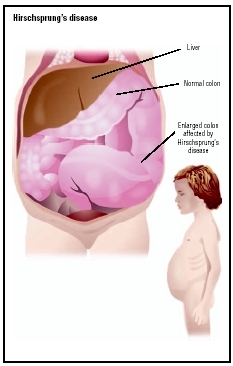
A rectal examination or rectal exam is an internal examination of the rectum by a physician or other healthcare professional.
The digital rectal examination (DRE, Latin palpatio per anum or PPA) is a relatively simple procedure. The patient is placed in a position where the anus is accessible and relaxed (lying on the side, squatting on the examination table, bent over the examination table, etc). The physician inserts a gloved and lubricated finger into the rectum through the anus and palpates the insides.
The DRE is inadequate as a screening tool for colorectal cancer because it examines less than 10% of the colorectal mucosa; colonoscopy is preferred. However, it's an important part of a general examination, as many tumors or other diseases manifest themselves in the distal part of the rectum.
This examination may be used:
The DRE is frequently combined with a FOBT (fecal occult blood test), which may be useful for diagnosing the etiology of an anemia and/or confirming a gastrointestinal bleed.
Sometimes proctoscopy may also be part of a rectal examination.
for the diagnosis of rectal tumors and other forms of cancer;
in males, for the diagnosis of prostatic disorders, notably tumors and benign prostatic hyperplasia;
for the diagnosis of appendicitis or other examples of an acute abdomen (i.e. acute abdominal symptoms indicating a serious underlying disease);
for the estimation of the tonicity of the anal sphincter, which may be useful in case of fecal incontinence or neurologic diseases;
in females, for gynecological palpations of internal organs
for examination of the hardness and color of the feces (ie. in cases of constipation, and fecal impaction);
prior to a colonoscopy or proctoscopy.
to evaluate haemorrhoids Veterinary medicine
In veterinary medicine rectal examination is useful in dogs for analysis of the prostate (as in man), pelvic urethra, sublumbar lymph nodes, and anal glands. In horses it is a vital component of the clinical examination for colic, to determine the presence or absence of bowel torsion, impaction, or displacement. Horses undergoing a rectal exam are at relatively high risk of a rectal tear, which can be a life-threatening event, rapidly leading to peritonitis and septic shock.
The procedure in dogs and cats is similar to humans. For the horse, the patient stands in a stock and may be sedated. The examiner puts on a long glove that extends to the shoulder. The examiner inserts the hand and arm into the rectum as far as necessary.
 Lefthit
Lefthit